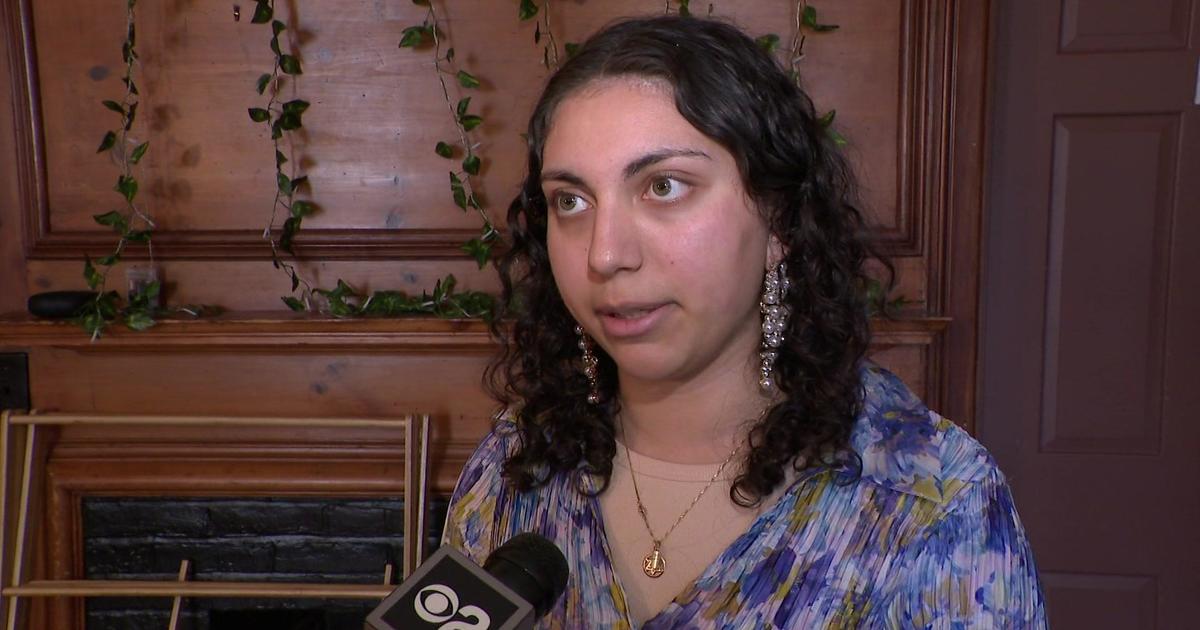Epilepsy Device Could Give Severe Sufferers 'A Future'
NEW YORK (CBSNewYork) -- A device that can detect -- and prevent -- seizures has been approved by the Food and Drug Administration, giving hope to some epileptics who have been too scared to leave their homes.
As CBS 2's Dr. Max Gomez reported, Allison Adams is one of those people. She left her job as a teacher after she had a severe seizure in front of her students.
She said her condition was so bad she wouldn't leave her house.
"It was too hard," Adams said. "I was too fearful."
When Gomez first met Adams nine months ago, she was testing an epilepsy device called the NeuroPace System, which was implanted directly on and in her skull. Electrodes on the brain surface detect seizure patterns and then send out tiny electrical impulses to electrodes implanted in the brain to stop a seizure before it starts.
Earlier this month, the FDA approved the device for patients who don't respond to medication.
Implanting the NeuroPace device requires brain surgery and comes with some risks. Some patients report seeing flashes of light when it's activated, although that depends on where the electrodes have to be placed.
There are other epilepsy stimulators, but the NeuroPace device is the first to be able to automatically detect a seizure before it happens.
Neurologist Dr. Christi Heck said while it's not a complete cure, the device can reduce the frequency and severity of seizures in patients.
"That has made a big difference in terms of their safety and their ability to go and get out of their homes and participate in life," said Heck, medical director of the University of Southern California's Comprehensive Epilepsy Program.
Adams uses a special laptop and wand to collect data from the device. Her doctor can then use that information to adjust the device remotely if necessary.
Adams used to feel a seizure coming on about 10 times a day. Now, she experiences a serious seizure about once a month. She said the device has given her confidence, and she hopes to return to the classroom.
"Now there's a hope," Adams said. "There's technology that will give you a future."
You May Also Be Interested In These Stories



